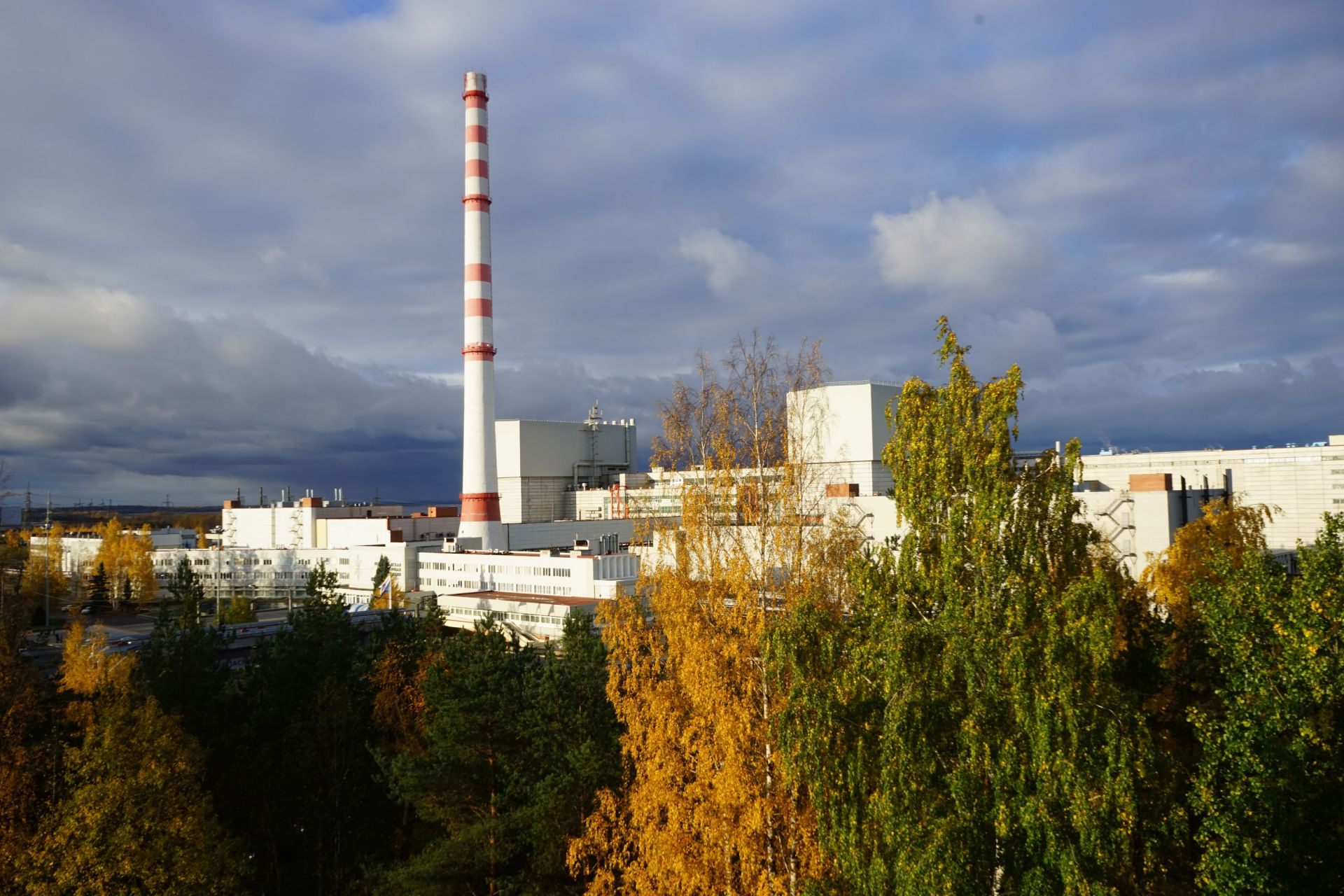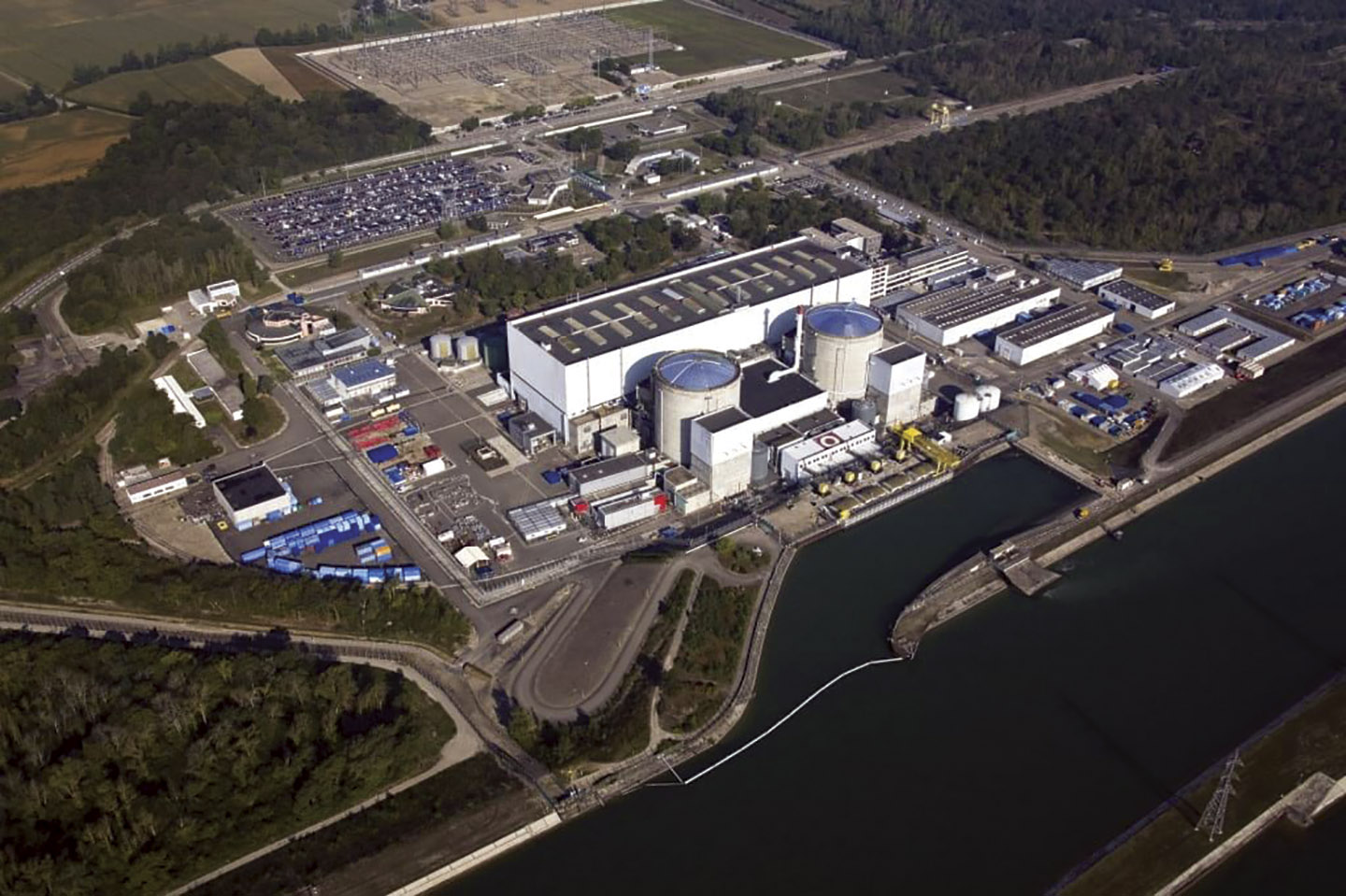Alternate History: What could have been
In an entertaining “alternate history” article from The Economist posted online on July 4, a turning point in human history may have occurred on March 6, 1974. That was the day that French prime minister Pierre Messmer made an announcement that “may have saved the world from a dangerous rise in temperatures—an obscure phenomenon known in scientific circles as ‘global warming,’” noted the article. The article, What if nuclear power had taken off in the 1970s? gives a fictional account of what might have happened around the world had nuclear energy been more widely accepted decades ago.




 A new report from the Paris-based OECD Nuclear Energy Agency declares that nuclear power is needed for countries to meet their Paris Agreement decarbonization and energy security policy goals, but that governmental support for a rapid reduction in the cost of new nuclear capacity through the creation of certain policy frameworks is likely necessary.
A new report from the Paris-based OECD Nuclear Energy Agency declares that nuclear power is needed for countries to meet their Paris Agreement decarbonization and energy security policy goals, but that governmental support for a rapid reduction in the cost of new nuclear capacity through the creation of certain policy frameworks is likely necessary. House Democrats on June 30 rolled out a vision of what U.S. climate change policy might look like in the event the Democratic party holds its current House majority, retakes the Senate, and wins the White House in November. The vision was presented in the form of a sweeping 547-page majority staff report entitled
House Democrats on June 30 rolled out a vision of what U.S. climate change policy might look like in the event the Democratic party holds its current House majority, retakes the Senate, and wins the White House in November. The vision was presented in the form of a sweeping 547-page majority staff report entitled 

